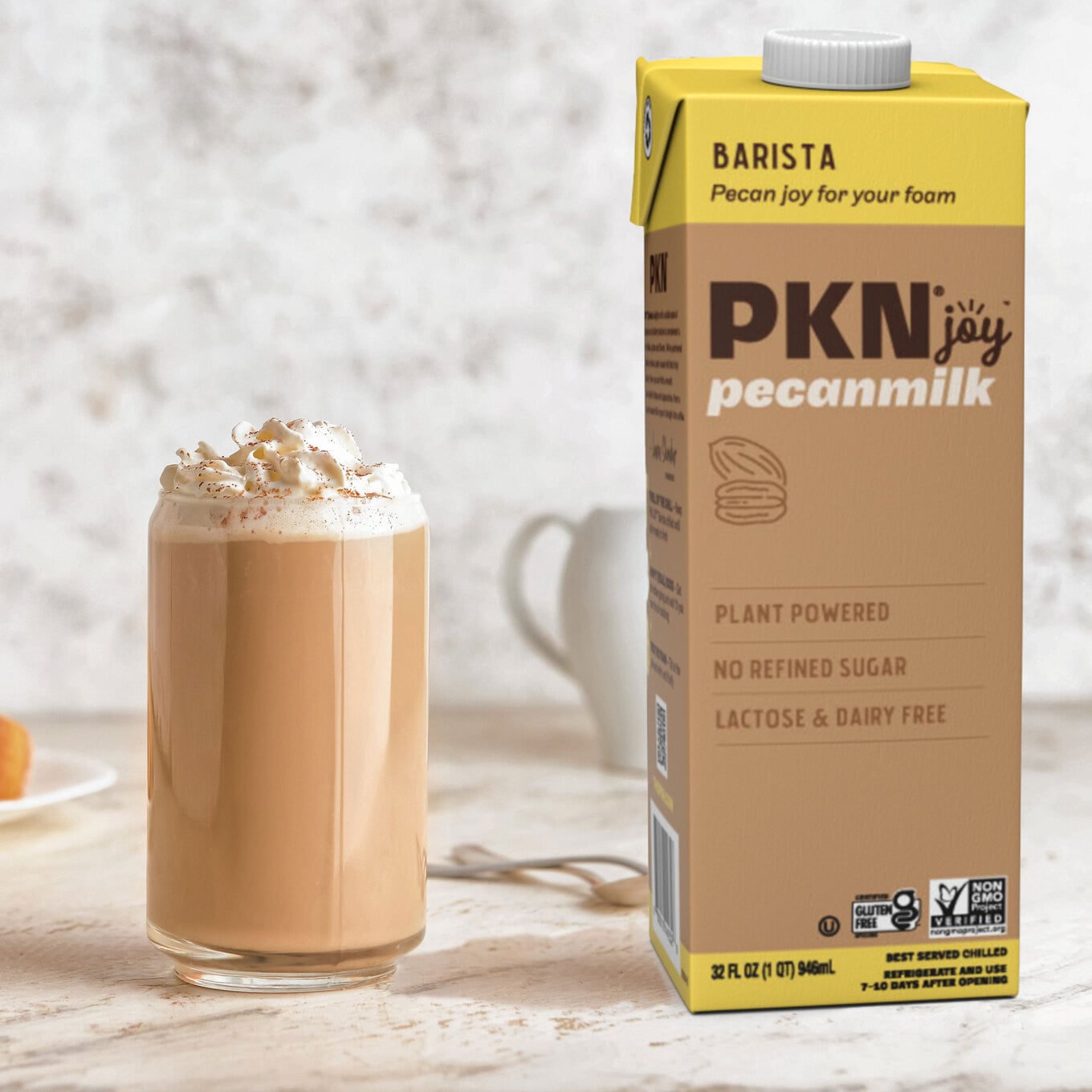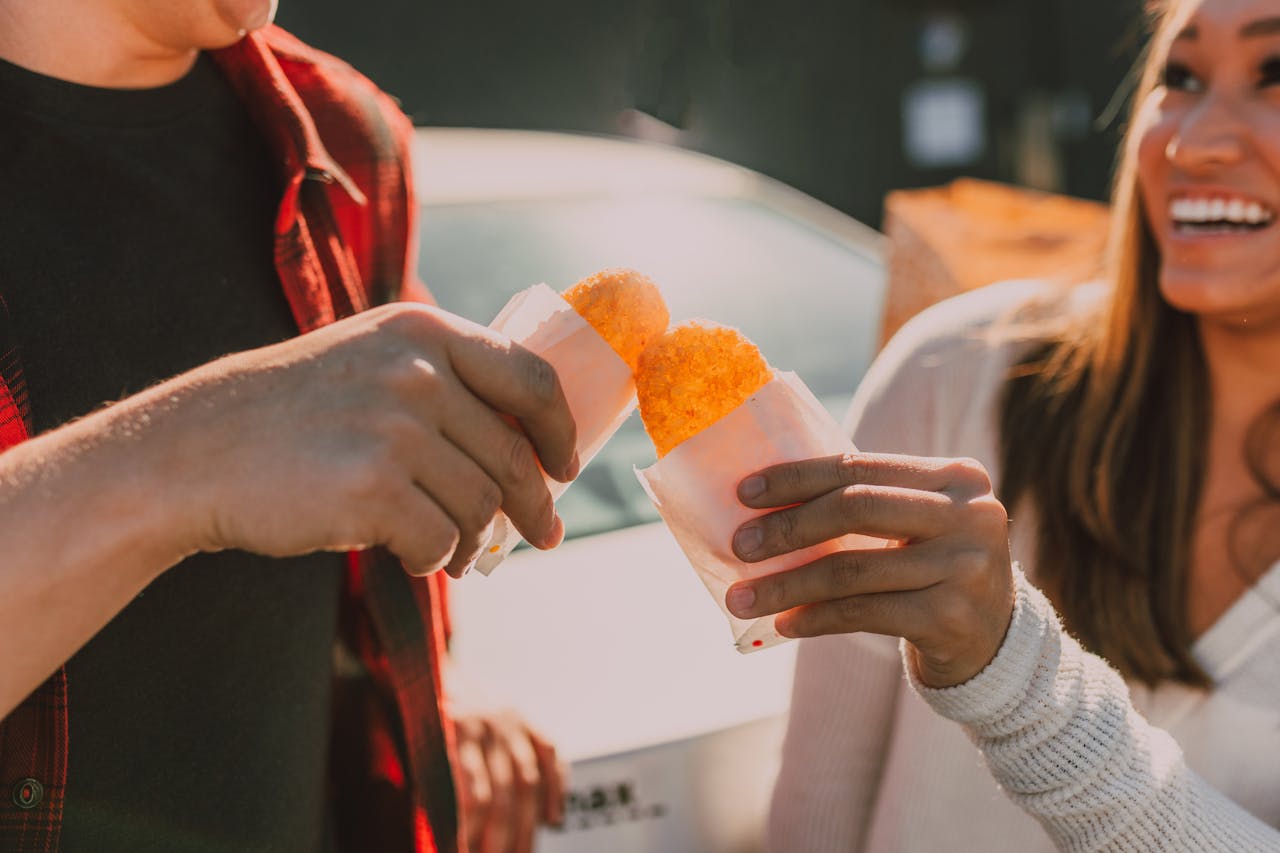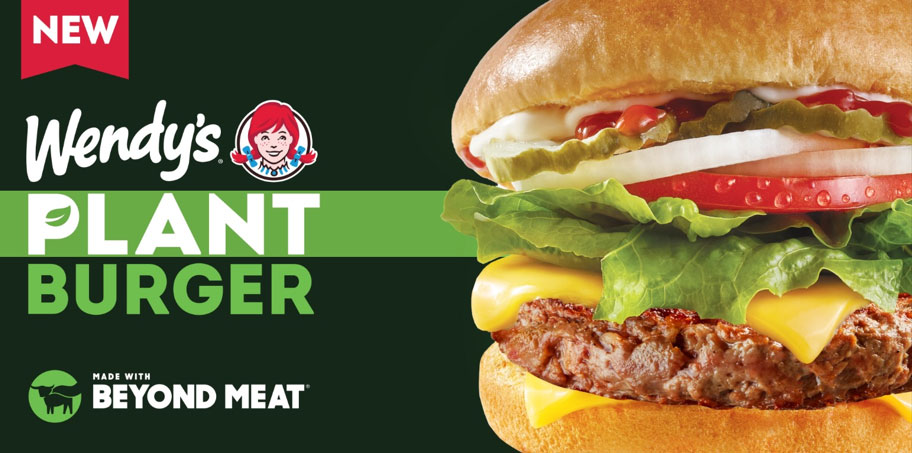For most people, chocolate is a year-round treat. But during the holidays, the sweet treat booms in popularity. In 2019, one report found that more than 90 percent of Americans gift chocolate and candy to their loved ones throughout the holiday season. But with the festive period approaching, Consumer Reports (CR)—a US nonprofit dedicated to independent product testing—is urging people to be careful of the type of chocolates they buy. According to a new study from the organization, a third of chocolate products are high in heavy metals, like lead and cadmium.
Here’s more about the CR report, plus why, unfortunately, vegan chocolate is not exempt from the warnings. But don’t panic: chocolate isn’t off the menu completely. Here’s what you need to know.
Table of Contents
Why are there heavy metals in chocolate?
The new report from CR tested 48 popular chocolate products on the market, including chocolate chips, bars, and brownie mixes, and found that 16 contained “concerning” levels of lead, cadmium, or both.
The reason these heavy metals are present in chocolate is because they are often present in the soil of cocoa plantations. For that reason, it is very difficult for chocolate manufacturers to ensure that their products are entirely heavy metal-free. This is the same for many other foods, including root vegetables, like carrots and sweet potatoes, for example.
Pexels
“All these sources can add up, so it is important to be aware of different pathways that contribute to your overall heavy metal intake,” CR says, before noting that exposure to heavy metals may be particularly harmful to pregnant people and children, as they may cause damage to the brain and nervous system. This can potentially lead to developmental delays and learning problems. Frequent lead exposure in adults may also lead to kidney damage, reproductive issues, hypertension, and immune system suppression, CR notes.
The nonprofit tested several products from major chocolate manufacturers, including Hershey’s, Nestlé, Trader Joe’s, and Walmart, to see if they exceeded California’s maximum allowable dose levels for lead and cadmium. For the former, that’s 0.5 micrograms per day, and for the latter, that’s 4.1 micrograms per day. There are no federal limits for lead and cadmium.
CR found that Hershey’s, in particular, had several products with concerning levels of lead.
Are there heavy metals in vegan chocolate?
Unfortunately, dark chocolate, which is often vegan by default, was one of the worst offenders for heavy metals. And that’s because these products have a much higher percentage of cocoa in the mix. “When we tested dark chocolate bars last year, we found lead or cadmium levels above CR’s thresholds in 23 of 28 bars, or 82 percent of them,” CR reported. “Our results this time were similar. Of the seven bars we tested, five, or 71 percent, were above our levels for lead, cadmium, or both.”
One of the brands tested in the report was Evolved, which claims to be a clean chocolate brand and is certified USDA Organic. However, according to CR, eating one ounce of its Signature Dark 72% Cacao Chocolate Bar would put you over the limit for both cadmium and lead. On its FAQ page, the brand declares: “We consistently test our cacao for Lead, Cadmium, Arsenic, and Mercury, as do our suppliers, and fall well below the chocolate thresholds set by the As You Sow organization, and the FDA.”
The As You Sow organization is a shareholder advocacy group committed to raising awareness of the presence of heavy metals in chocolate. In 2018, after filing legal notices with more than 20 major chocolate companies—including Hershey’s, Lindt, Chocolove, and Mars—it reached a first-of-its-kind settlement with 31 companies, each of whom pledged to fund an independent expert committee to investigate the sources of heavy metals in chocolate and find solutions to lowering those levels.
However as CR’s report demonstrates, there is still significant work to be done in this area.

Is it safe to eat vegan chocolate?
While concerning, these reports don’t show that it’s time to stop eating chocolate altogether. Many dark chocolate bars do comply with California’s allowable dose, on the As You Sow website, you can find a comprehensive list of which chocolate bars register below the state’s limits.
For example, Equal Exchange’s Organic Panama Extra Dark 80% Cacao passes the test, as does Chocolove’s Extreme Dark Chocolate bar. This isn’t an automatic pass for all of these brand’s products, however, as some still register with higher levels of heavy metals than California’s allowable dose.
While CR confirmed that milk chocolate seemed to generally have lower doses of heavy metals than dark chocolate, it did not test any of the vegan milk chocolate options on the market. That said, it stands to reason that the less cocoa a chocolate bar has, the lower the risk of heavy metal content. But if you’re concerned, you can also reach out to brands to confirm that they comply with California’s allowable dose levels, and some brands also offer this information on their FAQ pages.
Last year, Melissa Melough, an assistant professor of behavioral health and nutrition at the University of Delaware, told The New York Times that while it is important to be cautious around chocolate consumption, it’s not necessary to give it up entirely.
She told the publication that for those who eat chocolate often, “it may be worth choosing products with lower heavy metal concentrations.” She added that, for most adults, “a general rule of thumb is to consume no more than once per day,” while pregnant people and children should “consider eating dark chocolate only once or twice a week.”






